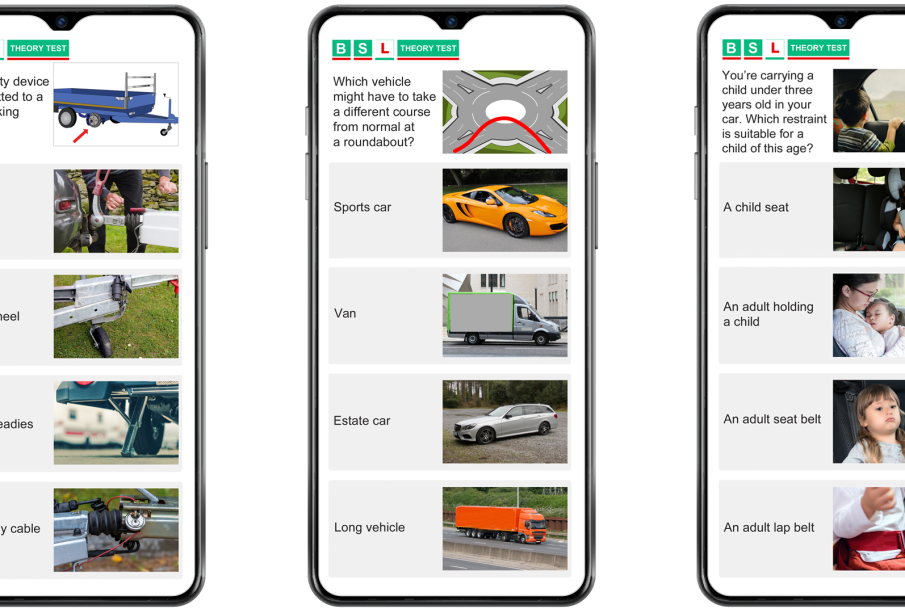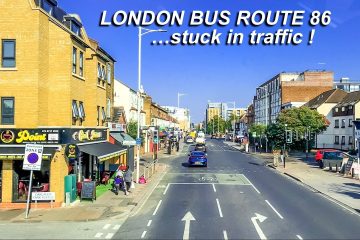Enhancing BSL Accessibility in the DVSA Theory Test

Introduction
The Driver and Vehicle Standards Agency (DVSA) has taken significant strides in enhancing accessibility for its theory test, particularly for candidates using British Sign Language (BSL). This initiative is crucial in ensuring that all individuals, regardless of their communication modes, can engage fully with the driving theory assessment process. As the importance of inclusivity grows in educational assessments, the DVSA’s efforts highlight a comprehensive approach towards accommodating the diverse needs of the public.
Recent Developments
In early 2023, the DVSA announced the introduction of BSL video translations for its theory test questions, marking a pivotal move to support deaf candidates. This advancement follows mounting pressure from advocacy groups who highlighted the barriers faced by BSL users in accessing traditional test materials. Previously, deaf candidates had to rely on written translations, which did not fully convey the nuances of the questions or may have caused misunderstandings.
The updated materials now include a series of BSL translated videos for popular questions, alongside standard audio and text formats. This change aims to level the playing field, offering a more equitable testing experience for all candidates. The DVSA has stated that it will continue to work closely with BSL experts and user groups to refine these resources and ensure comprehensive coverage of all test materials.
Engagement and Feedback
To assess the effectiveness of these changes, the DVSA has established feedback mechanisms allowing BSL users to share their experiences with the new format. Early reports suggest a positive reception, with many candidates expressing relief at the ease of understanding BSL compared to textual translations. The DVSA aims to gather extensive feedback over the course of 2023 to make iterative improvements and introduce further content as necessary.
Conclusion
The DVSA’s commitment to improving BSL accessibility is indicative of a broader societal shift towards inclusivity in education and testing environments. As the agency continues to adapt and respond to the needs of BSL users, the implications of these changes are significant not only for the deaf community but also for public policy surrounding accessibility. Looking ahead, the DVSA plans to expand its accessibility initiatives to include other forms of disability, highlighting an ongoing commitment to making the UK driving test system equitable and accessible for all. This positive development serves as a model for similar organisations and governments seeking to improve the inclusivity of their services.









